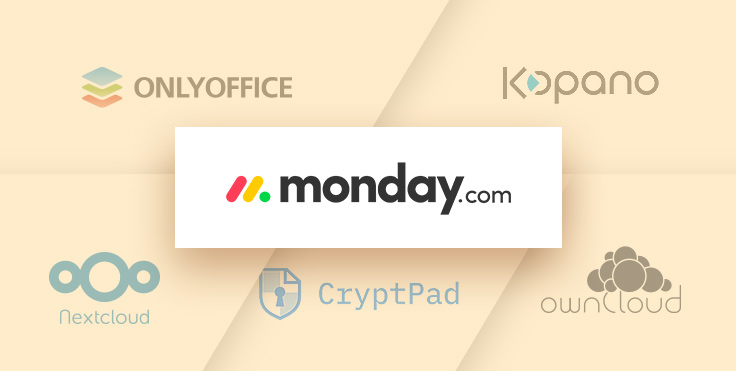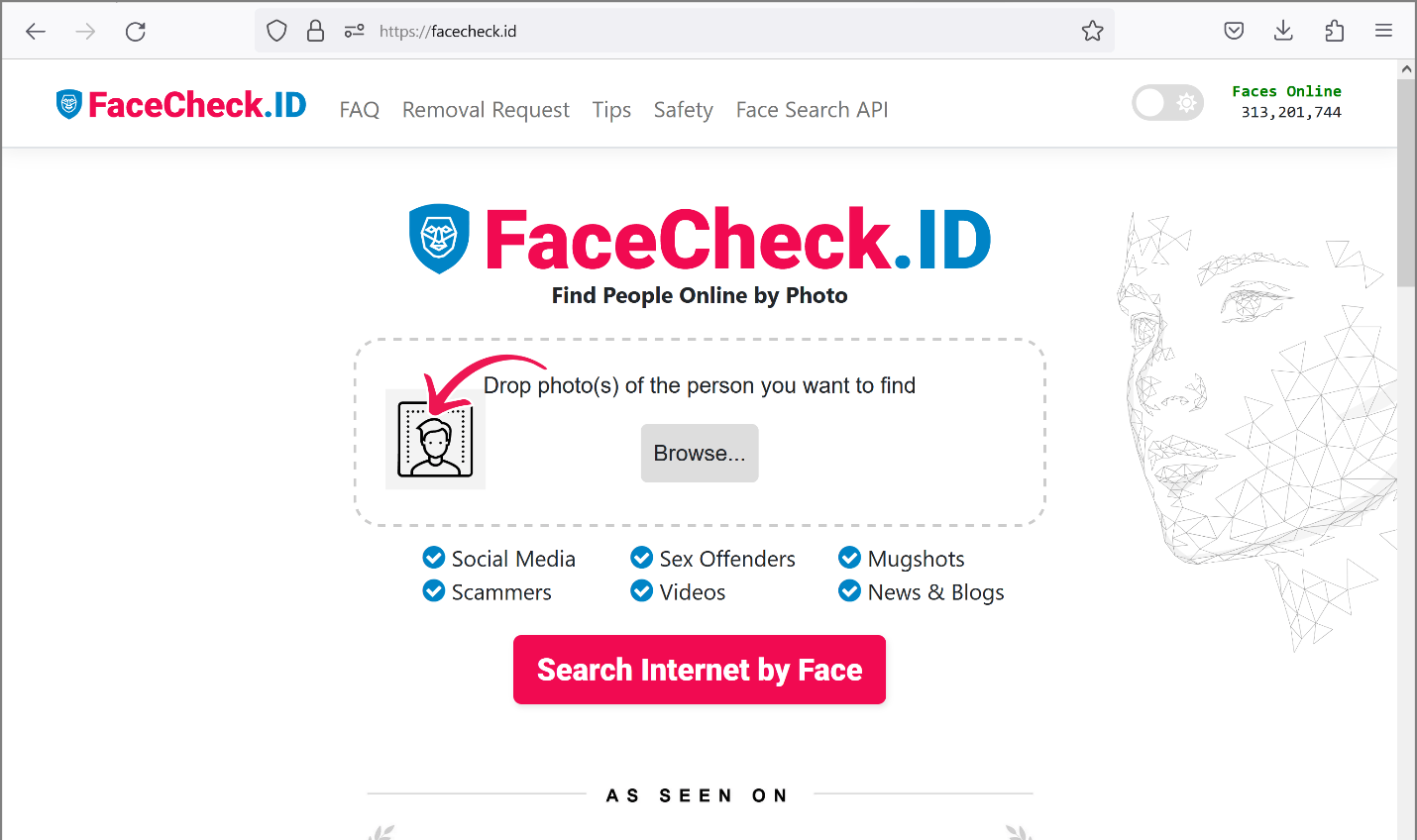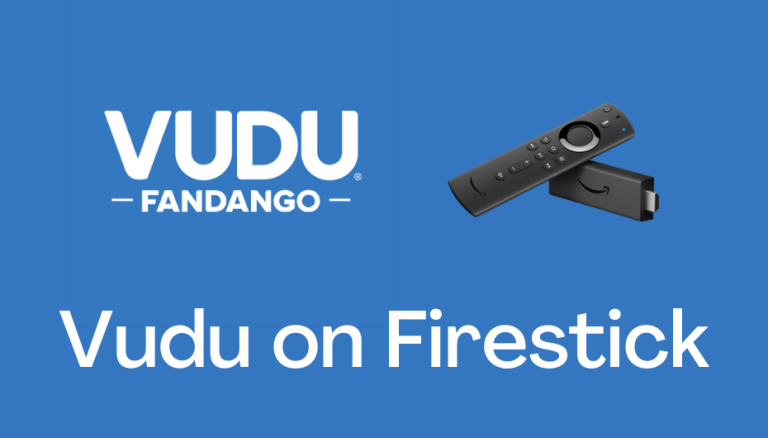Monday Software Alternatives teams in identifying and resolving issues. These web applications provide a consolidated area for tracking issues, assigning them to the appropriate team members, and prioritising their severity.
9 Monday Software Alternatives In 2023
In this article, you can know about Best Monday Software Alternatives here are the details below;
Here’s a list of the finest bug tracking solutions for increasing team productivity and making software development more efficient.
Criteria for Comparison
Knowing how bug tracking systems compare to one another will aid you in deciding which software is best for your company. When I’m reviewing Monday Software Alternatives, I look for the following features:
- UI (User Interface): Users can navigate Monday Software Alternatives with ease thanks to a sleek, easy-to-use interface. A well-designed user interface cuts down on the time it takes to onboard new users and track issues with your product.
- Usability: Stakeholders with varying degrees of technical expertise are involved in the QA process. Everyone participating in software development can readily interact within a bug tracking system with good usability.
- Integrations: A good bug tracking solution works with your current software ecosystem. The platforms on this list are compatible with popular project management software, testing frameworks, and continuous integration and delivery (CI/CD) tools.
- Pricing Value: A bug tracking tool’s capabilities should be commensurate with its price. Make sure the software you’re buying is worth the money.
Key Features of Bug Tracking
There are certain essential features to include in your Monday Software Alternatives. When weighing your selections, keep these features in mind.
- Communication Management: QA testers, developers, and project managers all require a means of successful communication. Having a paramount communication channel in your bug tracking system allows for more explanation throughout the QA process and accelerates software development initiatives.
- Screen recording: It’s not always straightforward to recreate bugs. Developers who have a screen capture or recording of a flaw have more time to focus on fixing rather than replicating the problem.
- Defect Data Organization and Filtering: Keeping track of bugs, user comments, and open tasks is a full-time job in and of itself. When you can structure and filter your QA projects, you can better manage your bug reporting tool.
- Test Reports and Analytics: Tracking test trends and gathering insights for future QA projects is critical. You can easily transform and share data with stakeholders when test metrics are readily available in your bug tracking solution.
The QA Lead is funded by the readers.
1. BugHerd
With BugHerd’s visual feedback features, you may complete QA and user acceptance testing (UAT) faster.
For everyone affected in the web development process, BugHerd makes QA easier. Users may quickly mark up web page items with a simple point and click, whether they are experienced testers or non-technical stakeholders. Feedback is given straight to Kanban-style work boards, so engineers may address errors fast. Also check apparel management software
BugHerd’s key feature is visual feedback. With the software’s drawing and labelling tools, users may pinpoint the specific position of issues. A screenshot or video, annotation, and metadata are included in QA and UAT feedback.
Slack, GitHub, and WordPress are all supported by BugHerd. You can connect BugHerd to thousands of additional products using integration services like Zapier and Integromat.
The first month’s subscription is $39 a month. For 14 days, businesses can sample BugHerd for free.
2. Kualitee
With Kualitee’s straightforward interface design, you can keep crucial information regarding bugs organised.
With Kualitee’s simple UI/UX, bug tracking is a breeze. Users may traverse the platform with ease to capture bugs while running tests. Comment threads that log memos about each issue make collaboration simple.
Dashboards with a lot of information display important details regarding faults, such as their description, severity, kind, and status. To maintain dashboards clutter-free, bugs can be added or removed at any moment. Users can also view the history of test suites, allowing them to track down any problem to its test case.
Kualitee connects with Jira, Redmine, and AzureDevOps, among other CI/CD solutions.
They have a single plan that includes all of the features. The first month’s fee is $15 per user.
3. Jira
Users can prioritise defects in Jira using a simple drag-and-drop interface.
Jira is a bug-tracking and agile project management platform that assists software development teams in capturing, assigning, and prioritising defects. To keep track of status changes, QA teams can create unique procedures. Jira workflows are represented in digital boards that show the status and progression of each project job.
In Jira, bug and development tasks may be combined into a single backlog, offering a single source of truth for all types of issues. Automated email notifications can keep your staff up to date on the status of each bug.
Jira interfaces with source code management solutions such as Bitbucket, allowing software engineers to directly resolve defects from Jira tickets. More than 3,000 Jira integrations assist software teams manage the QA process, including GitHub, Jenkins, Slack, Asana, and Trello.
Jira offers a free subscription for up to ten users, with enterprise pricing available on request. A 7-day free trial of Jira is available for businesses.
4. Katalon TestOps
Katalon Data visualisations in TestOps provide teams with a high-level overview of essential test metrics.
Katalon TestOps is a cloud-based test management, execution, and planning solution with advanced analytics. TestOps allows teams to automate test deployment, tool integration, and maintenance, resulting in faster troubleshooting and product delivery. Automatic load balancing and parallel execution are two features that assist remove redundancies in test execution, giving you more time to fine-tune product quality. Also check artificial intelligence software
Based on AI-powered test reports and data visualisations, development teams can make educated product decisions. QA testers can swiftly find flaws and provide immediate input on code and test scripts thanks to real-time data tracking. Stakeholders can get bespoke email warnings based on established data thresholds to keep complete control of the CI/CD pipeline.
No code is required to integrate TestOps with testing frameworks such as Mocha and JUnit. Test environments such as CircleCI and Kubernetes can also be used by QA teams.
Up to 1999 test executions per month are free with TestOps. Paid subscriptions begin at $102/month with a 14-day free trial.
5. ClickUp
Sprints are tracked using cumulative flow charts based on task status.
ClickUp is capable of far more than just task management. It’s totally adaptable software that may be tailored to the demands of various teams. Users can create documents and knowledge bases, as well as establish goals, make calendars, and keep track of their inboxes. Visual sprint widgets from ClickUp allow agile teams to track job efficiency and detect bottlenecks in their process.
The programme can also be used by QA teams, who can use intake forms to collect bug data via custom fields. QA teams can turn the information gathered into allocated tasks once bug specifics have been captured. Bugs that are related can be grouped together, tagged, and managed in your backlog using custom statuses.
ClickUp allows users to link over 1,000 different tools. Sentry, Zendesk, GitHub, and GitLab are among the native integrations. Businesses can also use ClickUp’s public API to create bespoke integrations and ClickUp apps.
ClickUp offers a free plan as well as paid memberships that start at $9 per user each month.
6. LogRocket
LogRocket helps organisations produce high-quality goods by providing data on customer behaviour and mistake tracking.
LogRocket is a company that focuses in defect tracking on the front end. QA teams can look at stack traces, Javascript errors, and console logs alongside session replays to figure out what’s causing issues and how they’re affecting end users. LogRocket reports measure many aspects of client engagement, including as conversions and event encounters, allowing you to prioritise issues that are preventing users from using your product.
CPU and memory utilisation, page load times, and network speeds are all tracked by the platform’s front-end performance monitoring capabilities. Monitoring can be done on a per-user basis or on a system-wide basis. Custom metrics are also available from LogRocket, which you can customise to your product’s specific KPIs.
Airbrake, Bugsnag, Google Analytics, and a variety of additional product support and analytics tools are also supported.
The cost of your website is determined by the number of monthly sessions it receives. Subscriptions begin at $99 per month. A free 14-day trial is also available for businesses.
7. Bird Eats Bug
In complete bug reports, QA testers may automatically collect the key information that developers want.
Bird Eats Bug makes it simple for software development teams to screen record flaws using a Chrome browser with minimal effort. The tool is a self-serve, code-free solution that is ideal for non-technical users. When you find a bug, press the record button, and the system will collect technical data in the background.
In all defect reports, QA testers can automatically include supporting material such as procedures to reproduce defects and technical logs. Developers can get to the bottom of problems and debug faster if they have this knowledge.
Bird Eats Bug integrates with a number of different applications, including Jira, Slack, GitHub, and Linear.
Paid plans start at $8 per user per month, with custom pricing available.
8. GitHub
Users can design several workflows to differentiate between normal bug reporting and more sensitive issues such as security vulnerabilities. Also check Striven alternatives
All GitHub source code repositories have a bug tracking system called GitHub Issues. Development teams can utilise GitHub to host discussions, process internal customer support requests, and submit documentation input in addition to managing issues. The tool’s template builder is a useful feature for QA teams who want to create uniform bug reporting and feature requests forms.
QA teams can also share contributing guidelines with stakeholders to explain their bug reporting process. Create a document called CONTRIBUTING.md in the root of your GitHub project to simply distribute contributing guidelines. A pop-up message will appear when a reporter creates a new problem, directing them to the workflow document.
GitHub interfaces with project management systems and desktop graphical user interface (GUI) tools like Atom and GitKraken.
Individuals and corporations can sign up for a free basic plan. Users can pay for enhanced features by subscribing to subscription plans that start at $4 per user per month.
9. Bugzilla
Existing problems can be cloned, allowing you to track identical issues that require different solutions.
Bugzilla is trusted by world-class technology companies, including Mozilla, to provide defect tracking, security, and workflow management for highly complex software environments. The setup is simple and may be done on a variety of operating systems, including Windows, Mac, and Linux. Access controls for distinct departments within an organisation can also be implemented by administrators.
Bugzilla is able to provide a wide range of capabilities while being free to all users. Its bug search features range from a basic Google-style search to a more sophisticated system that can execute time-based searches and other exact queries. When searching, users can get bug lists in a variety of forms, including CSV for input into spreadsheets and printable reports with detailed information about each bug.
Bonsai, CVS, Subversion, and Tinderbox are all integrated into Bugzilla.
Need assistance choosing the best Bug Tracking Software?
To help you select the best software, we’ve partnered with Crozdesk.com, a software comparison platform. Crozdesk’s Bug Tracking Software consultants will help you generate a personalised shortlist of software solutions, complete with unbiased recommendations, to assist you find the solutions that best meet your company’s needs. You can get free access to their bespoke software selection assistance as part of our collaboration, saving you time and effort in the research process.
It only takes a minute to input your specifications, and they will call you right back at no cost or obligation. From their staff of software consultants, you’ll obtain bespoke software shortlists identifying the best-fitting options based on your demands (via phone or email). They may even connect you with your preferred vendor options, as well as community discounts. Please fill out the following form to get started:
Other Software for Bug Tracking
Here are a few additional bug tracking tools that didn’t make the cut for the top 10.
- BugHost — A bug tracking and project management solution that is hosted and has limitless defect log space.
- The Bug Genie — Provides enterprise-level bug tracking and project management, including full source code integration.
- Zoho Bug Tracker — Use automation and a variety of software customizations to submit, track, and fix bugs.
- Airbrake — A bug-reporting tool for small and medium-sized teams.
- SpiraTeam — A bug tracker that controls the full software testing lifecycle from beginning to end.
- ReQtest – Software for managing requirements and tests in IT businesses.
- Redmine — Open-source project management software that works across platforms and databases.
- Trac — A wiki and issue tracking system for software project management with a basic approach.
- Mantis — A free and open-source bug tracker with general problem tracking and project management features.
- FogBugz — For development teams, a project management system with out-of-the-box solutions.
- Backlog — An issue tracker with a simple user interface that simplifies implementation and bug tracking.
- Wrike — Flexible project management software with team-specific automation and centralised communication.
- Userback — Provides real-time bug reports with full client-side failures and log information.
- Marker.io — A visual defect tracking application that enables users to quickly detect, annotate, and report defects.
What are your thoughts on this list?
Bug tracking software that works helps development teams create better products, which leads to happier customers. You can choose a tool that meets your team’s skill level and workflow demands using the top ten list.

















Add Comment